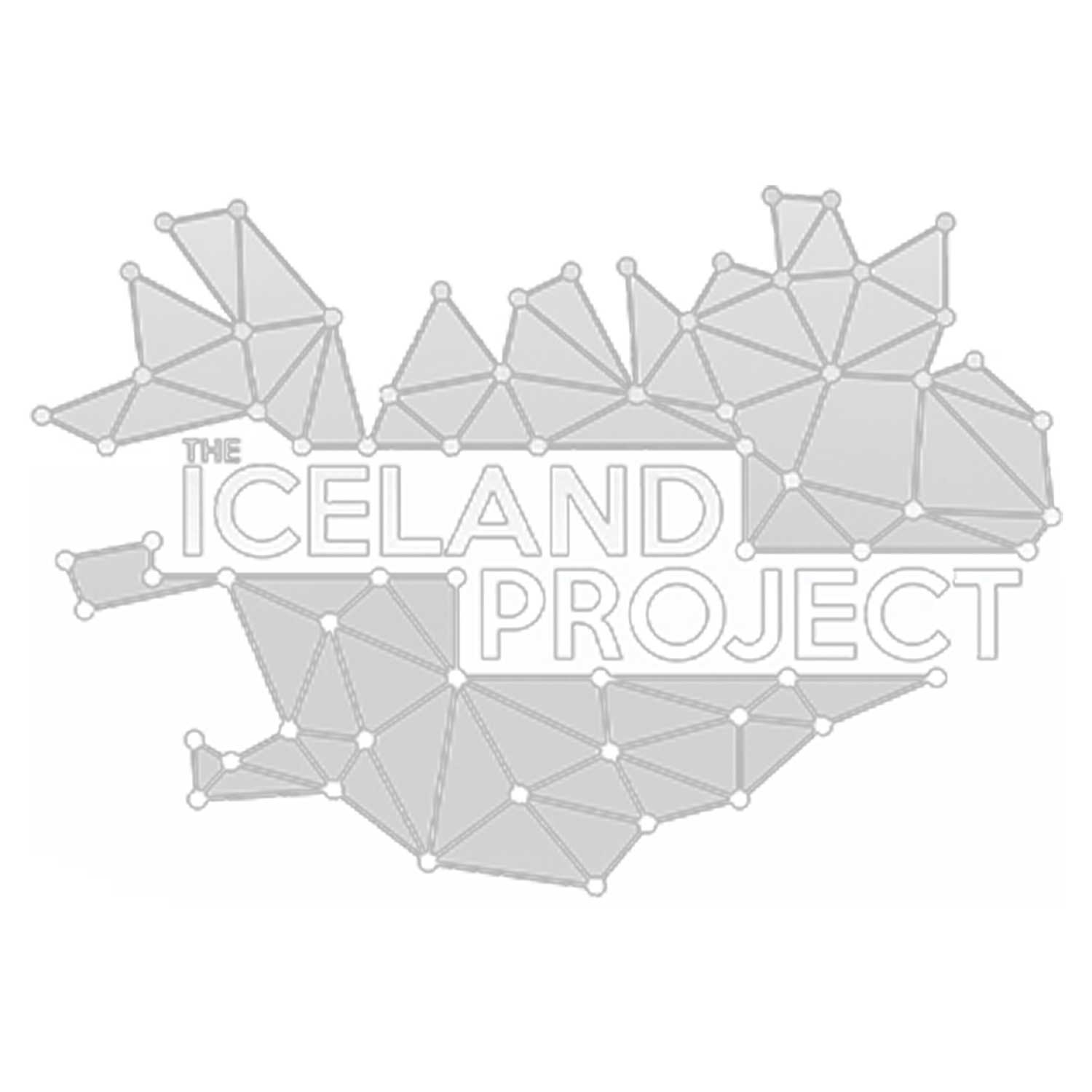
WHY ICELAND?

Iceland is getting a lot of attention these days as tourism continues to grow. The beautiful landscapes are breathtaking, but they hide a spiritual wasteland. The presence of the Lutheran State Church would lead one to believe that Iceland has been reached by the gospel, but that is no longer the case and what now remains is a mission field in desperate need of labourers.
Like much of Scandinavia and Europe in general, Iceland is usually overlooked by churches and mission organisations when looking to invest and engage in gospel missions. If you don’t research deep enough, you’ll likely get the idea that Iceland is almost 85 percent Christian, and move on to seek other people groups who need to be reached with the gospel. The reality is that Iceland is quite possibly the most godless country in all of Europe. This is one reason that a group put together a brief documentary called Christian by Default—in an effort to expose Iceland’s true spiritual state.
We encourage you to review the statistics below and watch the Christian by Default documentary.
Christian By Default Documentary
In 2015 poll in Reykjavik: 80.6 percent of those older than 55 identified as Christian and only 11.8 percent said they were atheists. At the same time 40.5 percent of people who were 25 years or younger said they were atheists, and only 42 percent said they were Christian. Total, 56.2 percent of people in Reykjavík identified as Christian and 31.4 percent as atheist.
Although 89.3 percent of Icelanders are officially registered members of Christian congregations, church attendance in Iceland is low. Some 10 percent of Icelanders attend church once a month or more frequently, whereas 43 percent say that they never attend church and 15.9 percent say they attend church only once a year.
A Gallup poll conducted in 2012 found that 57 percent of Icelanders considered themselves "a religious person", 31 percent consider themselves "a non religious person", while 10 percent define themselves as "a convinced atheist", placing Iceland in top 10 atheist populations in the world.
In a 2004 survey, 69.3 percent of Icelanders said they were religious, whereas 19.1 percent said they were not religious and 11.6 percent said they could not say whether or not they were religious. Moreover, when asked to select a statement that best represented their opinion, 19.7 percent said that it is impossible to know whether or not god exists and 26.2 percent said that no god exists except man made gods. This would indicate that numbers of agnostics and atheists in Iceland are significantly higher than official registration of religious affiliation would indicate.
Until 2013, newborn babies were automatically registered with their mother's church. Moreover, all Icelanders -- even atheists -- have to pay a tax that is distributed among 40 religious institutions, including the Lutheran State Church. That is why, until recently, there was little reason to even bother to officially drop out of the Church.
Most Icelanders (80 percent) are members of the Lutheran State Church. Another 5 percent are registered in other Christian denominations, including the Free Church of Iceland and the Roman Catholic Church. Almost 5 percent of people practice ásatrú, the traditional Norse religion.
As reported in 2011, in past years, a number of people have deregistered as members from the Lutheran State Church, almost 5,100 in 2010 and almost 2,000 in 2009. Most of these people did not register to any other religious community after leaving the Lutheran State Church.
In 2014 only 29.5 percent of babies were born to married parents, which means 70 percent of children were born out-of-wedlock. The same report showed that more than 30 percent of children are living with cohabiting, unmarried parents. Iceland is now leading Europe in out-of-wedlock births, as marriage becomes less and less valued.
Iceland tops the list for antidepressant consumption per capita, yet it is ranked the world’s third-happiest nation.
